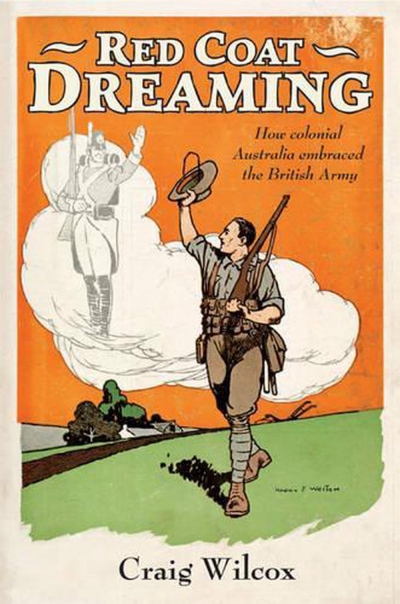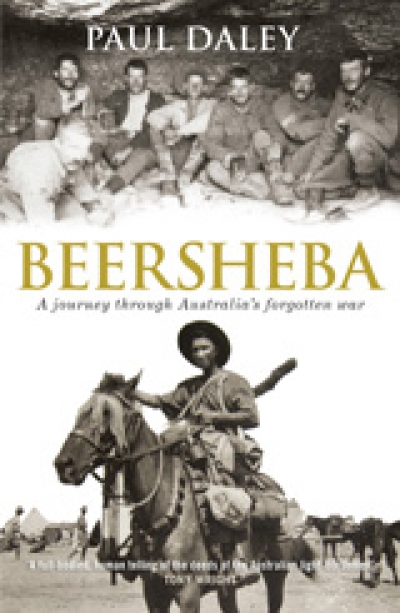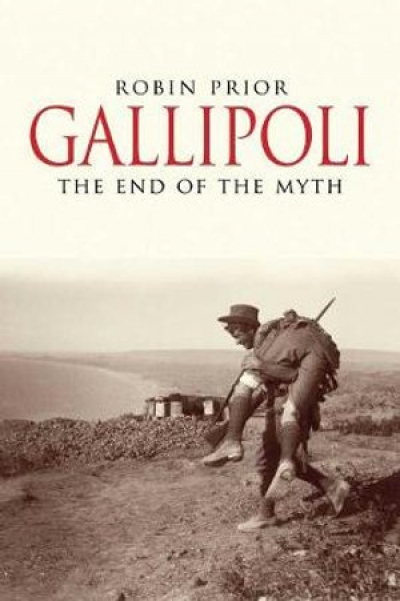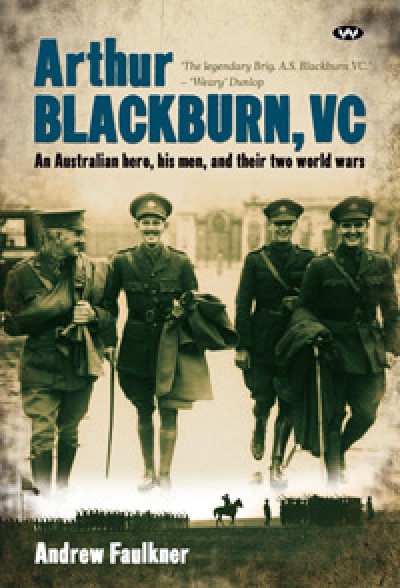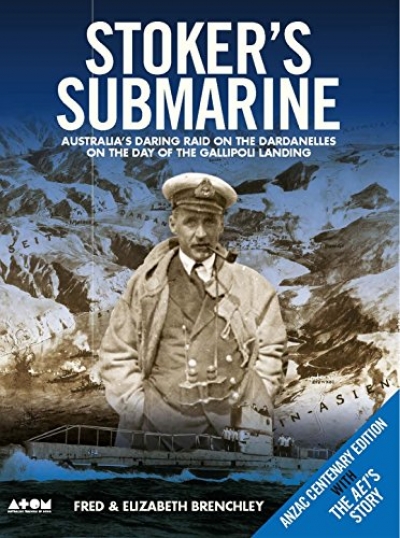Much Australian writing about military subjects reminds me of the recent film The Curious Case of Benjamin Button, which started in adulthood and rapidly progressed into adolescence. From the evidence of this work, it is showing no signs of growing up. This book purports to have discovered an event about which Australians have remained deeply ignorant for the last ninety years: the charge of the Light Horse at Beersheba in the Middle Eastern war against the Ottoman Empire, in 1917. Only someone long exiled on a desert island could call this event ‘forgotten’. We have had a famous film about it (Forty Thousand Horsemen, 1940), a good book about the Light Horse by Alec Hill (1978), extensive work on the subject by Ian Jones, and a plethora of books by British historians about the Middle Eastern war that include this incident. The author, Paul Daley, must be one of the few Australians who had not heard of it. Is this reason enough to write a book about it? Possibly – but not this book.
...
(read more)

